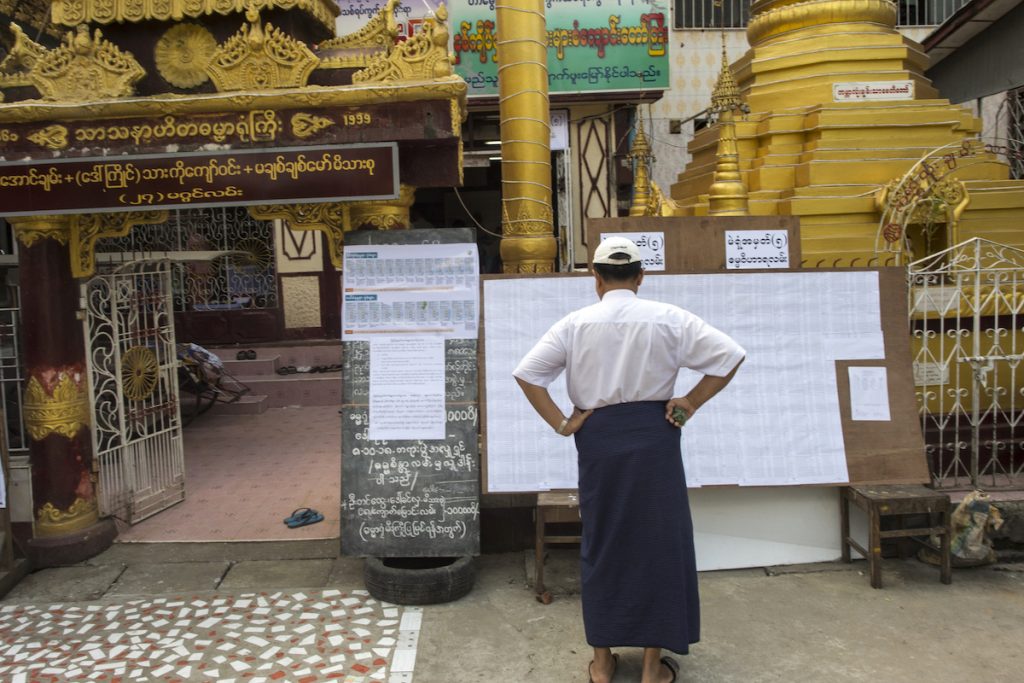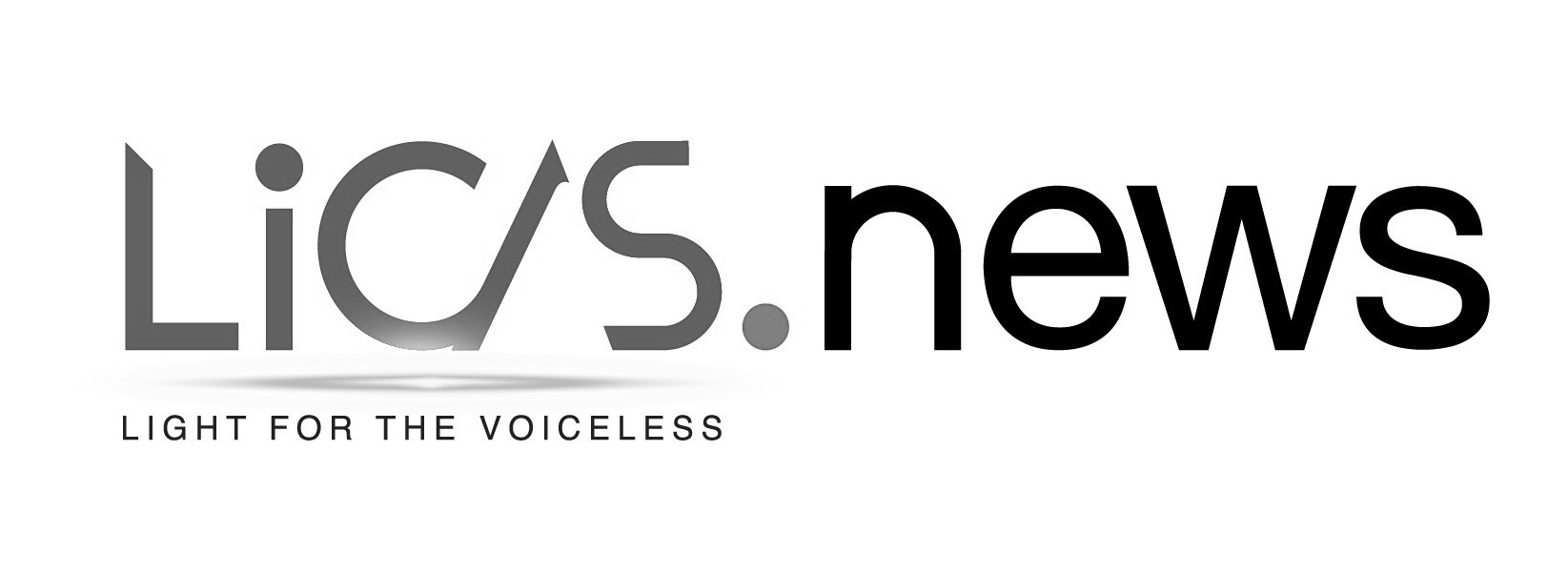Myanmar’s government needs to do away with restrictions on speech by political parties in the led up to the country’s elections, says a leading rights group.
New York-based Human Rights Watch (HRW) said that the country’s Union Election Commission (UEC) should amend rules governing political parties’ access to state-owned radio and television stations to ensure that all parties can present their positions without undue interference.
On July 23, the commission announced that political parties would be permitted to deliver electoral speeches and explain party policies on state-owned television and radio stations during the two-month period leading up to Myanmar’s national election scheduled for Nov. 8.
But the HRW said that all political broadcasts must be pre-approved by the election commission under overly broad and vague restrictions on what political parties can say, in violation of international standards for protection of freedom of speech.
“The UEC’s regulations hamstring the political opposition by effectively prohibiting any criticism of the government, existing laws, and the military,” said Linda Lakhdhir, Asia legal adviser at HRW. “Doing so strikes at the heart of political speech and campaigning, and seriously undermines the fairness of the electoral process.”
The rights group said that under international standards, a transparent and independent body, separate from the UEC, should be established to regulate broadcasting content during elections. Campaign messages for broadcast should not be subject to prior approval and there should not be undue limitation on topics allowed to be covered in the campaign.
“Robust political debate lies at the heart of the electoral process, and Myanmar voters are entitled to hear all political views, including those critical of the government in power and its policies,” Lakhdhir said.

HRW said that under the rules announced by the UEC, a political party must apply to the election commission for permission to present a campaign broadcast and submit a script for the proposed broadcast for review. The UEC can either permit the broadcast or require revisions to ensure that the script does not violate vague and broadly worded restrictions on content.
The rights group pointed out that rules prohibit any content that “can disturb the security, rule of law and the peace and stability of the county,” or “disrespects” the existing laws of the country, or “defames” or “tarnishes the image” of the country, or defames the Tatmadaw, or can “harm dignity and morality.”
The rules also prohibit any content that could “incite” members of the civil service “not to perform their duty or to oppose the government.”
The cumulative effect of the restrictions clearly violates international human rights law by precluding almost all criticism of the government, the Tatmadaw, or current abusive laws, HRW said.
Voters have a right to receive and obtain information that will enable them to decide how to exercise their vote. It is critical for all parties to have fair access to state-owned broadcast media in Myanmar, so they can present their programs to the voters, the rights group added.
Using Myanmar’s numerous defamation laws, the government and military have treated almost any criticism of their record as defamatory.






